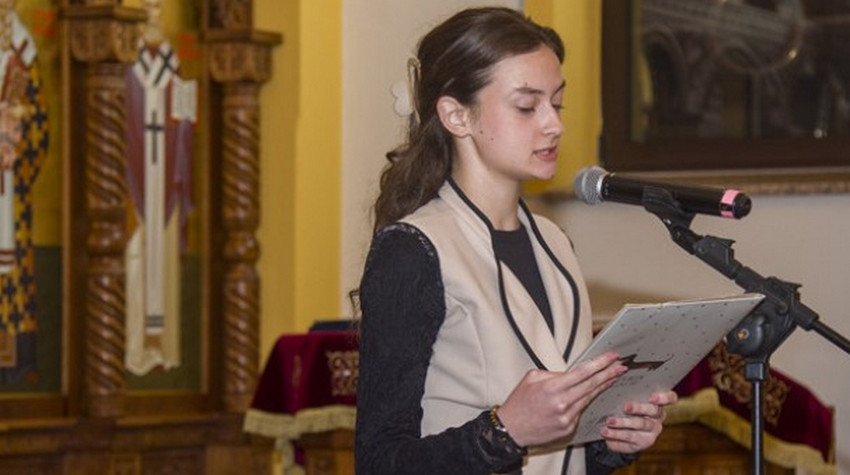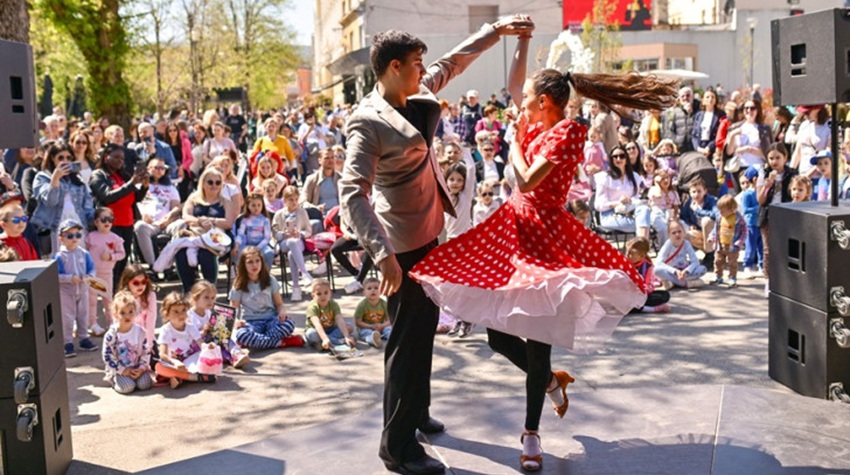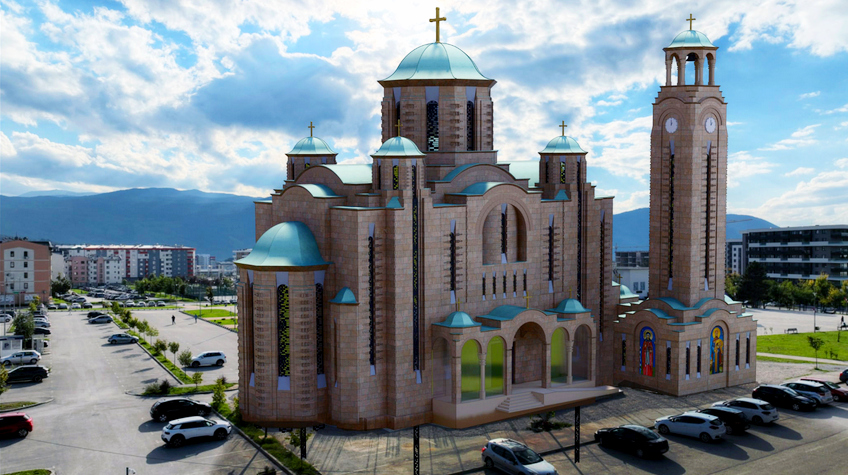VIDOVDAN THROUGH THE AGES: A REVIEW OF SIGNIFICANT EVENTS IN SERBIAN HISTORY
Vidovdan, one of the greatest Serbian holidays, is celebrated today, June 28th, according to the Gregorian calendar. This day is observed by the Serbian Orthodox Church and the Bulgarian Orthodox Church, known as Vidovdan among Serbs and Vidovden or Vidov Den among Bulgarians.
The significance of Vidovdan for the Serbian people stems
from its rich historical heritage and the events associated with this date.
One of the most significant events is the Battle of Kosovo
in 1389. In this fateful battle, the Serbian army, led by Prince Lazar, bravely
faced the Ottoman forces under Sultan Murad. Although the battle ended without
a decisive victory, its symbolic importance for the Serbian people remains
indelible.
Prince Lazar perished, and his martyrdom symbolizes courage and sacrifice in the fight for freedom.
Vidovdan is also an occasion to
commemorate the church holiday of Saint Great Martyr Prince Lazar and the Holy
Serbian Martyrs, celebrated since the early 20th century. This day especially
remembers Prince Lazar and other Serbian martyrs who gave their lives in the
struggle for faith and freedom.
In addition to the Battle of Kosovo, other significant
events have occurred on Vidovdan, leaving a profound impact on history. These
include the adoption of the Regency Constitution of the Principality of Serbia
in 1869, the declaration of war on Turkey by the Principality of Serbia and the
Principality of Montenegro in 1876, and the discussion about the Principality
of Serbia at the Berlin Congress in 1878.
Vidovdan was also the date of the assassination of Archduke
Franz Ferdinand in Sarajevo in 1914, an event that sparked the outbreak of
World War I, which ended on the same date in 1919 with the signing of the
Treaty of Versailles. In 1921, Serbian King Alexander I Karađorđević issued the
Vidovdan Constitution, and an assassination attempt was made on him by Spasoje
Stejić Baća on the same day.
Vidovdan is not only a date that marks historical events but also a symbol of Serbian national identity and spirituality. Over the centuries, this holiday has been passed down from generation to generation, preserving the memory of the courage and sacrifice of ancestors.
In the years that followed, Vidovdan continued to hold
symbolic significance. In 1950, the Belgrade-Zagreb highway, named the
"Brotherhood and Unity Highway," was opened, a project built by youth
labor brigades from all over Yugoslavia. In 1990, amendments to the Croatian
Constitution were adopted, and Serbs were no longer recognized as a constituent
nation.
On Vidovdan in 1992, the corridor near Brčko was broken
through, connecting the two parts of the Republika Srpska and establishing a
link between the western part of the Republika Srpska and Serbia, earning it
the name "Corridor of Life."
In 2001, on Vidovdan, Slobodan Milošević was extradited to
The Hague Tribunal, and five years later, on this date, Montenegro was admitted
to the United Nations as the 192nd member state.
These events are just a few of the many that have occurred
on Vidovdan, demonstrating that this holiday continues to hold importance in
modern history and politics.
Vidovdan remains deeply rooted in the Serbian people as a
symbol of courage, resistance, and freedom, and continues to be observed with
special reverence and significance.













